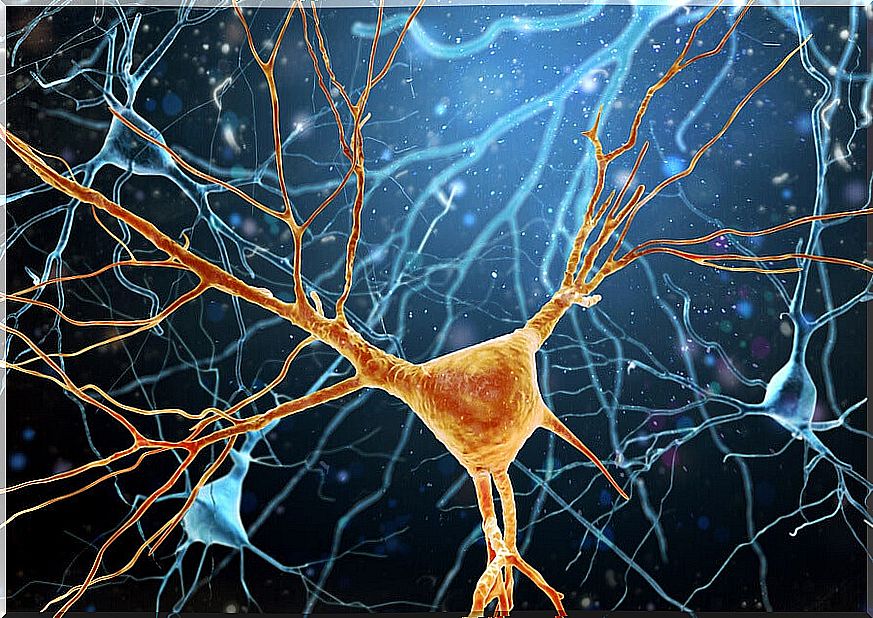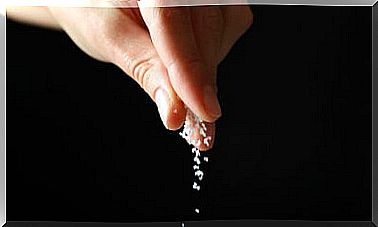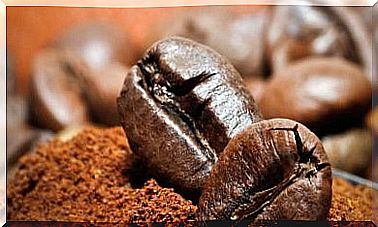Neurogenesis: How Are New Neurons Generated?
The discovery that neurogenesis, that is, the generation of new neurons in the adult brain, is still active, has modified the concept of brain plasticity and has revealed new mechanisms that guarantee the homeostasis of the nervous system.
Brain plasticity refers to the ability of the brain to change its structure and function during the maturation and learning process, and in the face of neuronal damage that occurs in diseases.
This concept implies that the brain is a moldable organ that responds to different factors that can influence both positively and negatively in the formation of new neurons. These, in turn, can have a beneficial effect on the brain.
Since 1966 , the formation of new neurons in the brain had been evidenced. Later, this fact was confirmed. Since then, it has been known that there are two regions in the adult brain where neurogenesis takes place: the olfactory bulb and the hippocampus.
These two regions of the brain have important characteristics that allow this process of formation of new neurons to take place: neurogenesis.
How is neurogenesis carried out?

Neurogenesis, as we already know, is the process that involves the generation of new neurons. It has been active in the hippocampus and the olfactory bulb of adult mammals, suggesting the persistence of neuronal stem cells throughout life.
This process is very complex and takes place in different stages such as:
- The proliferation of pluripontial cells, which are the stem cells found in all multicellular organisms and which have the ability to divide and differentiate into different types of specialized cells, as well as to self-renew and produce more stem cells.
- Migration
- Differentiation
- Survival of new neurons.
- The integration of these in the existing neural circuits
The changes that cells that participate in the neurogenesis process undergo in their structure have allowed the identification of different characteristics, depending on the protein markers that are temporarily expressed during this process.
The formation of new neurons is finely controlled to avoid disruption of neural circuits. The niche is one of the factors involved in the regulation of neurogenesis, and is made up of:
- Pluripotent cells.
- Astrocytes.
- Endothelial cells.
These three components work in sync to:
- Maintain the stem cell population.
- Astrocytes control the proliferation of stem cells and rapidly amplifying cells, as well as the migration of these cells through the action of various factors secreted by astrocytes.
- Maintain the astrocyte and endothelial cell population.
Factors that modulate neurogenesis
Neurogenesis is not a static process but a dynamic one. For this reason, it is modulated and regulated by different factors that respond according to the needs of the brain.
Among the factors involved in the modulation and regulation of neurogenesis are the niche (explained above), internal and external factors.
Internal factors
Internal factors control the proliferation of stem cells and stem cells. These factors include:
- The receptors expressed by stem and progenitor cells to various cells as the proteins that control cell-cell communication.
- Signaling systems like Sonic-hedgehog and the WNT
- Some adhesion molecules, such as neural cell adhesion molecule (NCAM)
- The signaling exerted between astrocytes and neuroblasts by the neurotransmitter GABA, which amplifies the production and migration of progenitor cells from the site where stem cells are located.
However, internal factors not only regulate cell proliferation, but also the decision of progenitor cells to form new neurons.
External factors
The stages that take place during the process of the birth of a neuron, such as those we have seen of production, migration, differentiation, maturation and survival, are also modulated by extrinsic factors, among which are:
- Hormones
- Growth factors.
- Brain damage.
However, glutamate has also recently been found to exert a dual effect on some stages of this formation. GABA, serotonin and dopamine also influence the modulation of this process.
In addition to these neurotransmitters, drugs of abuse, as well as certain hormones such as corticosteroids, pregnancy, alcohol and bad experiences during the early stages of life have been described as other factors that affect neurogenesis.
Conclution
Neurogenesis in the adult brain is an interesting process for the implementation of neuron replacement therapy in neurodegenerative diseases. Also for the treatment of diseases with selective neuronal loss such as neurological and psychiatric disorders.
Further research is essential to learn how to manipulate stem cells and get the most out of them.









